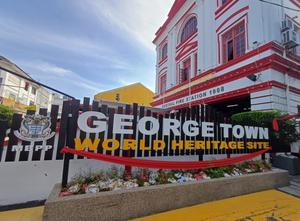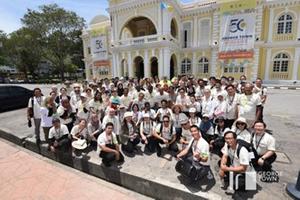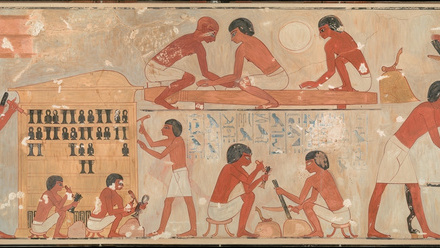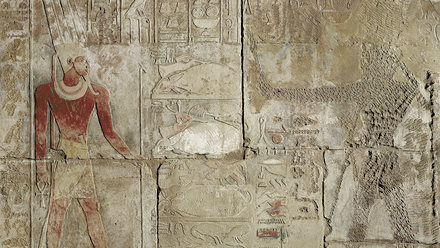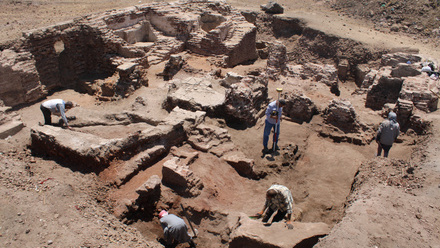EES Training making an Impact in Malaysia
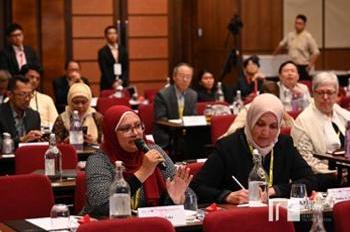
It was a great experience to participate in the international symposium of “We are the Site Managers” in George Town, Penang, Malaysia, in March 2024. It was my first time visiting an impressive country like Malaysia and the whole continent of Asia. Despite it being a short visit and hot, humid weather, I believe it was a lifetime experience! Specifically, mixing different groups from 37 countries that have the same interest, which is heritage management focusing on UNESCO World Heritage Sites, creates a unique experience. The main purpose of this symposium was to be a platform for worldwide heritage specialists, especially site managers, to define the roles, commitments and contributions of Site Managers within the UNESCO Convention of 1972.
The symposium was held in George Town, which is inscribed in the UNESCO World Heritage Sites. On the second day of the symposium, we had an informative tour. It is a living city that may remind you of Historic Cairo due to its cultural diversity and the living heritage seen all over the town.
Despite the variable countries from Asia, Africa, Europe and South America, the open discussion highlighted challenges in Bangladesh, India, South Africa, South Korea, Argentina, and even Norway, which also face heritage sites in Egypt! Focusing on management issues, this symposium was a great opportunity to address the challenges and opportunities related to world heritage, in addition to exchanging experiences. Also, one of the main objectives of this symposium was the 'George Town Declaration'.
Benaa initiative: Building Egyptian skills
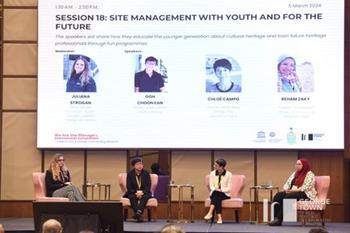
My participation was during session 18, entitled: Site Management with Youth and for the Future. My presentation was about enhancing Egyptian cultural heritage management through a capacity-building program called Benaa. This name means ‘Building’ in Arabic, and relates to building Egyptian capacities focusing on cultural heritage. The initial training was held in September 2023 in the Egypt Exploration Society office in Cairo, where one month of free training was delivered to 14 participants, including Ministry of Tourism and Antiquities (MoTA) staff, NGO members, a PhD candidate at Cairo University, independent postgraduate researchers, a recent graduate and two mature students. In this programme, early to mid-career participants were trained on the fundamentals of cultural heritage management. This different but homogenous group participated in various activities from indoor sessions, field visits to two UNESCO world heritage sites: Memphis and its Necropolis, and Historic Cairo, and online expert sessions with guest speakers from the UK, Greece, Spain, and Rwanda, in addition to some Egyptian guest speakers. In the 2024 Symposium, I shared the main methods and activities that were taught in the initial training programme, in addition to the main outputs, and what we are planning next.
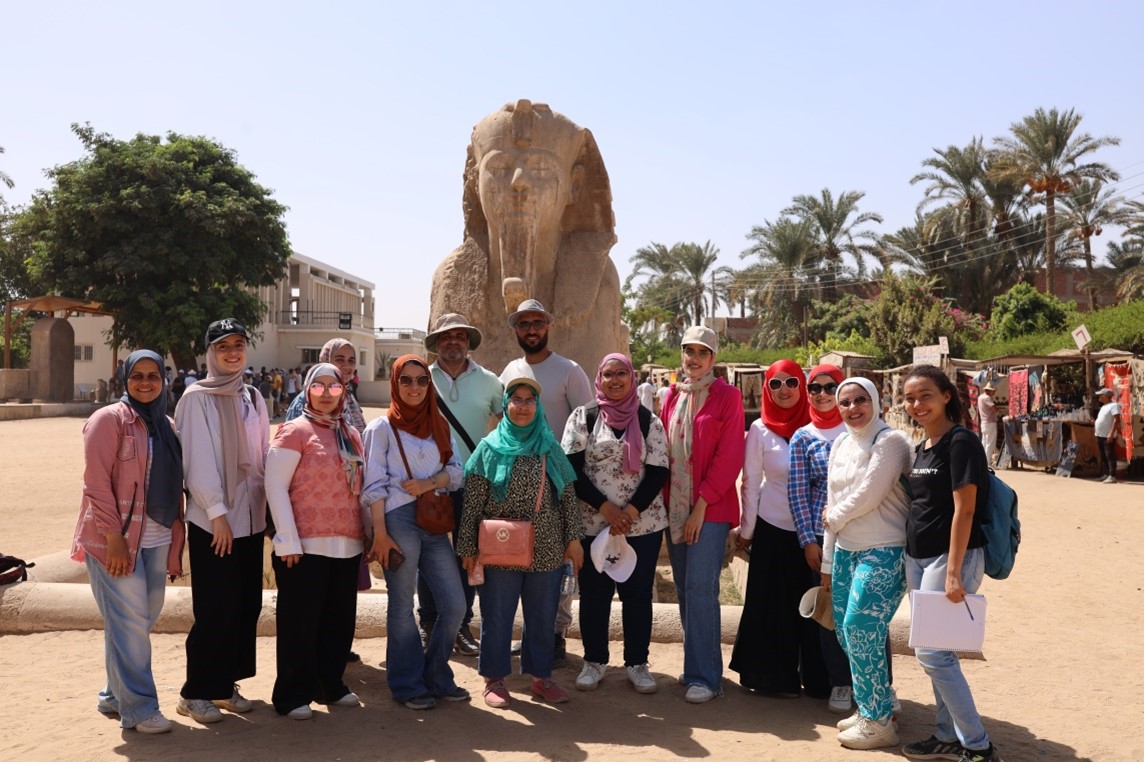
Group photo of the Cairo training particpants with Mahmoud Shafie, Azmy Salama and Reham Zaky (middle).
This programme was a result of the dedicated work of the Egyptian team: Mahmoud Shafie, with great support from Dr Essam Nagy (EES Fieldwork and Engagement Manager), with contributions of Reham Hussien (Mentor and Evaluation consultant), Azmy Salama (Archaeologist and Tour Guide). Additionally, we were very grateful for the generous contributions from expert guest speakers that enriched the programme: Mr Mohamed Abdel Badie (MoTA), Dr Jose Galan (Head of Djhuty Project in Draa Abu Naga, Western Bank, Luxor), Dr Vangelos Kyriakidis (Founding Director of the Heritage Management Organization), Mrs Sarah Court (World Heritage Leadership), and Dr David Nkusi (Rwanda Cultural Heritage Academy).

